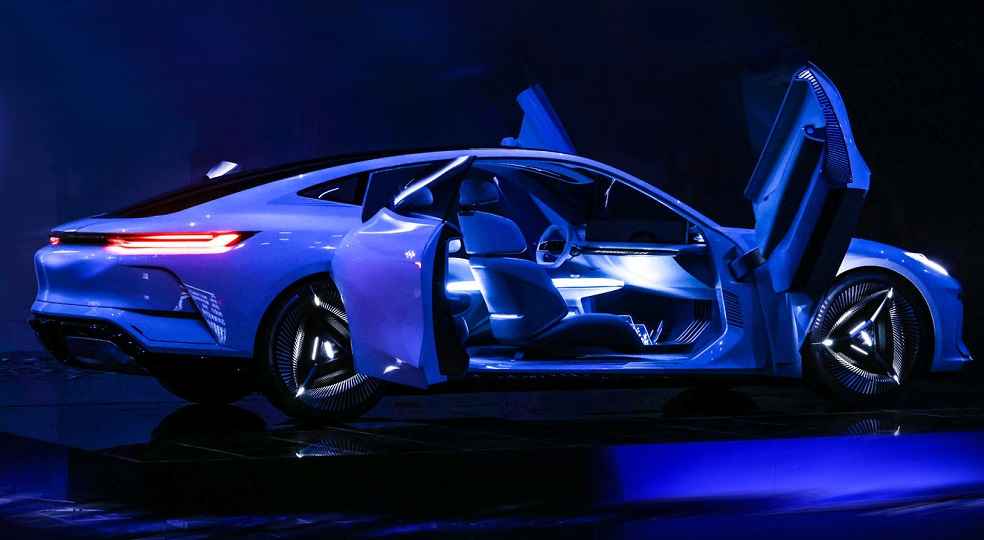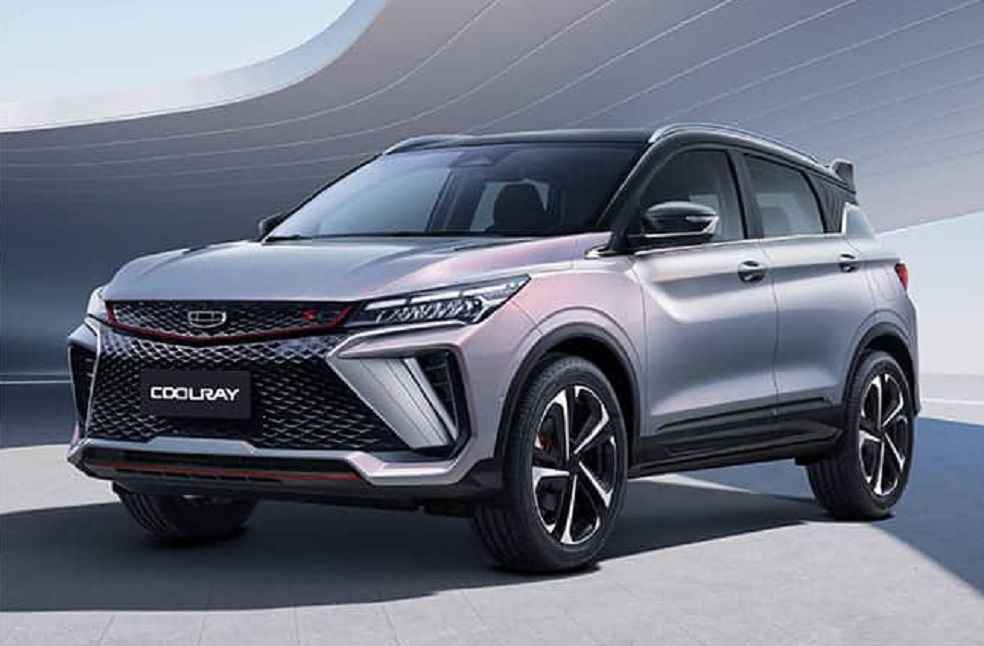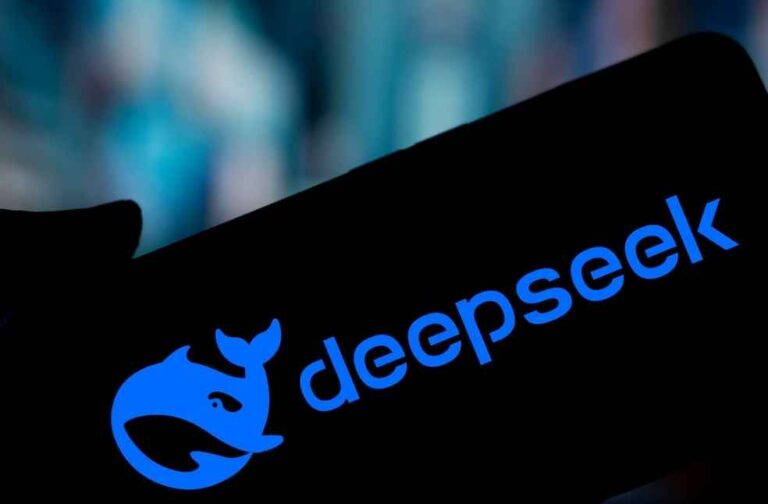China’s automotive giant Geely, the owner of Volvo, has announced the integration of its proprietary artificial intelligence (AI) model into DeepSeek’s R1 vehicle, marking a significant advancement in AI-driven automobile technology.
According to reports, Geely will enhance its Xingrui car control system by employing a distillation training process with DeepSeek R1 on the FunctionCall AI model, which manages vehicle operations. This method refines a smaller AI model using insights and outputs from a more advanced system, leading to improved precision and efficiency.
On January 11, Geely introduced the Xingrui AI model, branding it as the industry’s first fully self-developed, full-stack AI system designed for various automotive scenarios. As one of China’s leading automakers, Geely is now the first to collaborate with DeepSeek, a rapidly emerging AI technology company that gained global recognition with the launch of its R1 model in January.

The integration of Geely’s AI with DeepSeek’s technology is expected to transform human-computer interaction in smart vehicles while significantly enhancing safety features, particularly in accident prediction and prevention.
AI and the Evolution of Smart Electric Vehicles
The topic was also a key discussion at the World Economic Forum in Davos, Switzerland, where industry leaders examined China’s transition from conventional electric vehicles (EVs) to intelligent electric vehicles (EIVs) under the emerging ‘EV form EIV’ business model.
Pan Jian, co-chairman of China’s CATL—one of the world’s largest EV battery manufacturers—underscored AI’s critical role in the rapid expansion of China’s EV market.

“This rapid expansion is driven by the seamless integration of electricity and intelligence,” Pan stated. “Electric vehicles, powered by advanced energy and chip technology, enable AI applications that gasoline-powered cars simply cannot offer. Consumers appreciate these innovative features, which go beyond the capabilities of traditional vehicles.”
China continues to merge cutting-edge technologies with its domestic EV sector. While Tesla and other global EV manufacturers vie for market share, Chinese automakers distinguish themselves by leveraging proprietary software protocols that maximize efficiency and performance.
UPCOMING | Volvo to Launch Five New Models Amid 2025 Market Challenges





